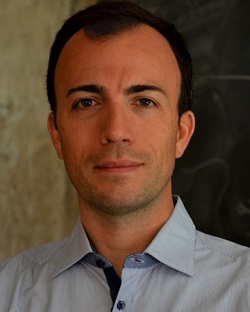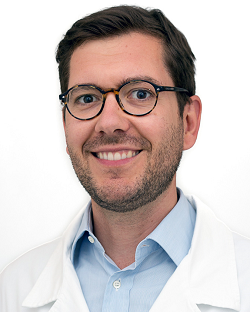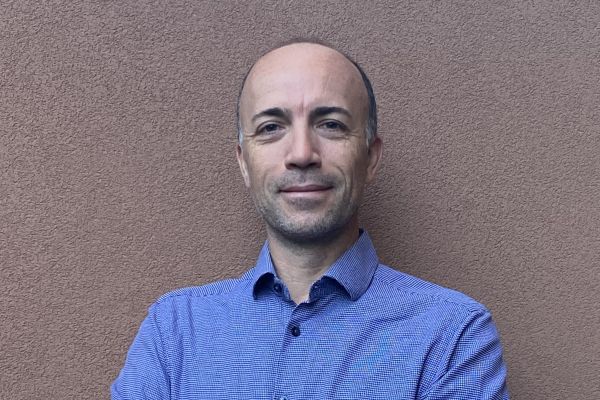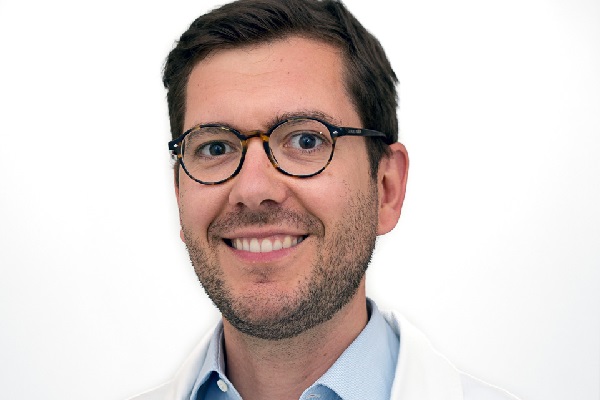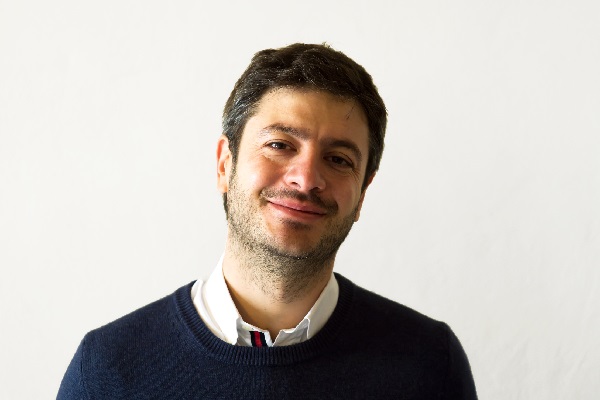
Divisions
Neuroscience


For administrative support, please contact Francesca Floriani: floriani.francesca@hsr.it
Mission
Our mission is to contribute to the unraveling of the inner workings of the human nervous system and mind and to find causes and treatments for neurological and psychiatric diseases. To accomplish this, we investigate the molecular and cellular mechanisms of neuronal and glial dysfunction and we engage in translational and clinical research projects. The impressive advances in our knowledge of the nervous system have made neuroscience one of the most active branches in modern biology and medicine and the integration between basic and clinical research is key to the success of our long-term goal: building on the knowledge generated by basic and clinical research to translate our discoveries into novel therapies for neurological and psychiatric disorders, some of humanity's most disabling disorders.
Organization
The Division of Neuroscience harbors more than 300 scientists organized in several research units. Among these, those involved in translational medicine have assembled into the the Institute of Experimental Neurology (INSPE).
To provide scientific, technical and social support for junior faculties recently recruited into the Division of Neuroscience or recently promoted group leaders, there is a dedicated Mentoring Program.
Members of the Division are also part of the faculty of Università Vita-Salute San Raffaele, being affiliated to the Schools of Medicine, of Psychology or of Philosophy. Excellence in higher education is a priority for the Division of Neuroscience. For this reason, the Division is actively involved in the PhD programs of Molecular Medicine and of Cognitive Neuroscience, which offer positions for 3 years on a highly competitive basis.
Research
Scientists affiliated to the Division work together to investigate key and hot issues in neuroscience, with emphasis on the following areas: neurobiology, neuroepidemiology, neuropathology, neurophysiology, neuroimmunology, psychopathology and neuroimaging.
Our strategy is to improve our knowledge of the inner mechanisms underlying the physiological and pathological functioning of the nervous system, and to exploit this knowledge to improve diagnostics of diseases and to develop more rational and personalized therapies.
Clinical collaborations
The Division of Neuroscience daily collaborates with the following research groups, affiliated with the clinical departments of the hospital:
Carla Taveggia
Group Leader
Axo-glia interactions
Rossella Galli
Group Leader
Neural stem cell biology
Francesco Benedetti
Group Leader
Psychiatry and clinical psychobiology
Dario Bonanomi
Group Leader
Molecular neurobiology
Vania Broccoli
Group Leader
Stem cells and neurogenesis
Jean-Michel Cioni
Group Leader
RNA biology of the neuron
Gian Giacomo Consalez
Group Leader
Neuropathophysiology
Ivan de Curtis
Group Leader
Cell adhesion
Giulio Ferrari
Group Leader
Eye repair lab
Nicoletta Landsberger
Adjunct Researcher
Rett syndrome and neurodevelopmental disorders
Sonia Levi
Group Leader
Proteomic of iron metabolism
Francesca Maltecca
Group Leader
Mitochondrial dysfunctions in neurodegeneration
Alessandro Sessa
Group Leader
Neuroepigenetics
Flavia Valtorta
Group Leader
Neuropharmacology
Michele Simonato
Adjunct Researcher
Gene Therapy for Neurodegenerative Diseases
Alessandro Arrigo
Project Leader
Eye repair lab
Gaia Colasante
Project Leader
Stem cells and neurogenesis
Luca Colnaghi
Project Leader
Protein signaling in brain physiology and pathology
Danilo De Gregorio
Project Leader
Neuropharmacology
Michela Palmieri
Project Leader
Rett syndrome and neurodevelopmental disorders
Sara Poletti
Project Leader
Psychiatry and clinical psychobiology
Jenny Sassone
Project Leader
Neuropharmacology
Benedetta Vai
Project Leader
Psychiatry and clinical psychobiology
Research Fellow position is available at Innovative Gene Therapy for Dravet Syndrome, led by Dr. Gaia Colasante
Bioinformatician/computational scientist at the Center for Omics Sciences/Division of Neuroscience
Postdoctoral position open in Molecular genetics of Intellectual disability Lab, headed by Patrizia D'Adamo


